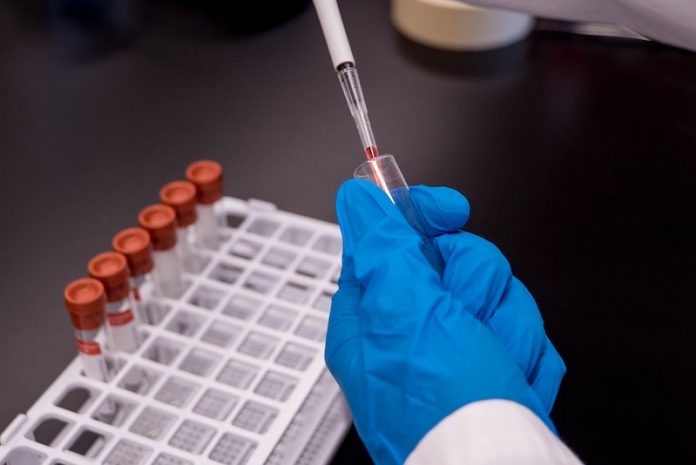
Immunotherapy for cancer has made great advances and many patients can now receive effective treatments that were not available 10 years ago.
However, there are certain types of cancer that do not respond to existing immunotherapy.
In a new study, researchers develop a new kind of immunotherapy that gives hope of more treatment options for cancer in the future.
The research was conducted by a team from Karolinska Institutet in Sweden and elsewhere.
Cancer cells have the ability to reprogram immune cells in a way that benefits tumor growth.
After years of research, it has been possible to exploit the immune system in the fight against cancer, whereby different antibodies can trigger immune system T cells to attack the cancer cells.
Macrophages are different types of cells and play a crucial role in the immune system, where they recruit T cells to an area that has been affected by foreign organisms and regulate their function.
Unfortunately, certain tumors develop ways to shut off the immune system, including making the macrophages in the tumor block the T cells.
In the study, the team developed a new type of immunotherapy in which specific antibodies activate the macrophages so that they support the immune system and kill the cancer cells instead.
They also found that NK cells, another important cell of the immune system, is primarily activated by this new immunotherapy to work alongside the T cells to kill the tumor, as opposed to existing immunotherapies, in which only the T cells are activated.
It also turns out that when the NK cells are activated by macrophages, their cancer-fighting ability is hugely effective.
The study was initially a modeling study. The researchers then applied their discovery to human skin tumors to assay the transferability of their results.
These findings, therefore, indicate that the new immunotherapy activates a different part of the immune system compared to previous therapies, and can hopefully be used in combination with existing treatments.
One author of the study is Mikael Karlsson, a professor in the Department of Microbiology, Tumor and Cell Biology.
The study is published in Proceedings of the National Academy of Sciences.
Copyright © 2020 Knowridge Science Report. All rights reserved.



